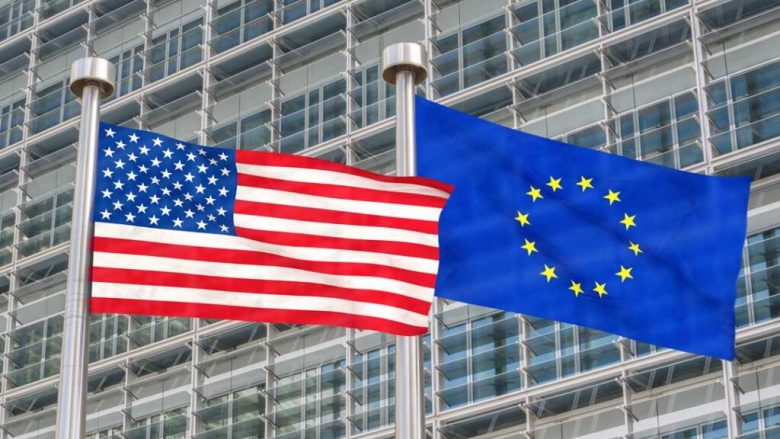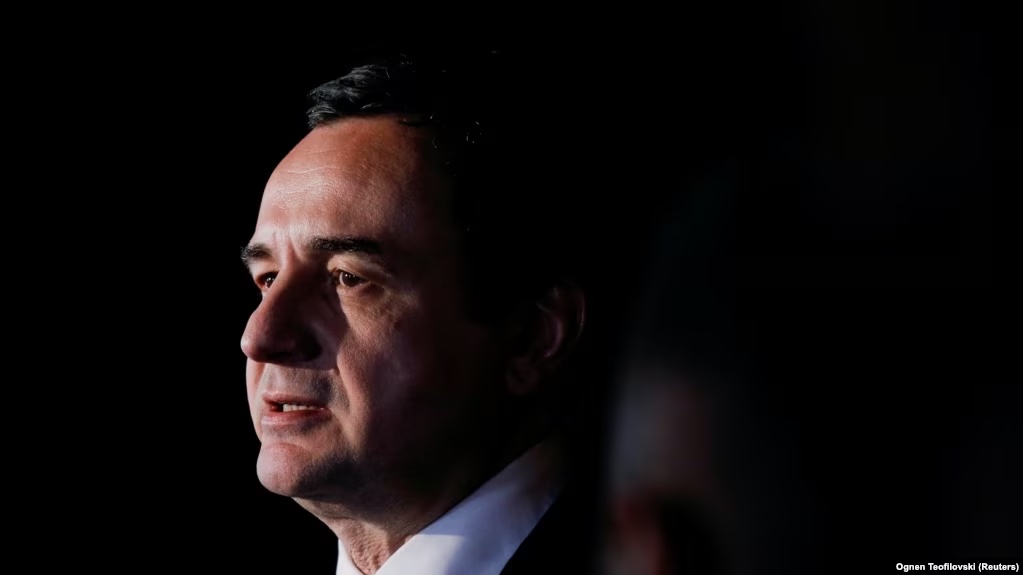Monday, October 21st 2013

Albania’s EU bid for candidate status received a boost this week – but much more must be done before it reaches the goal of membership.
The European Commission report issued on Wednesday gave Albania’s new centre-left government a boost when it issued a positive recommendation for it to obtain EU candidate status at the next EU Council of Ministers summit in December.
The Commission said Albania had made good progress on its path towards EU integration, by adopting various measures needed to win candidate country status.
“The progress shows what’s possible if government and opposition work together, bury the hatchet and bring out the peace pipe to cooperate,” EU Enlargement Commissioner Stefan Fule wrote on Twitter.
The Commission was particularly pleased by the management and outcome of Albania’s parliamentary elections, which the Socialist Party of Edi Rama won by a landslide.
“The 2013 parliamentary elections were conducted in an overall smooth and orderly manner,” the Commission report noted.
“In view of this, the European Commission recommends that Albania be granted EU candidate status on the understanding that Albania continues to take action in the fight against organised crime and corruption,” it added.
Albania first applied for candidate country status in 2009. However, the Commission rejected its bid for three years, mainly because of the deadlock and tense political climate between the then centre-right government and leftist opposition.
Last year, Albania obtained a conditional recommendation from the Commission for candidate status, subject to the passage of two draft laws and parliamentary rules of procedure.
However, approval for the three bills, which required a qualified majority in parliament, was delayed until May, hostage to a row between the opposition and government dating back to the 2011 local elections.
Speaking after the latest progress report was published, Prime Minister Rama hailed the advance.
“For the first time, the progress report speaks of the possibility of opening accession negotiations if a number of key conditions are fulfilled,” Rama said.
Aside from tackling corruption, the conditions include putting into practice recently approved reforms of the public administration with a view to enhancing its professionalism and de-politicizing it.
Albanian parliament
The EU has also called for reinforcement of the independence, efficiency and accountability of the courts.
It also wants to see effective measures taken to protect human rights, including the rights of Roma, as well as implementation of property rights.
Despite the positive words from the European Commission, experts say Albania still faces an uphill battle to secure accession negotiations with the EU.
It will require a diplomatic drive, to convince countries that are still skeptical about Albania’s democratic credentials, they warn.
Gergji Vurmo, an expert on the EU at the Tirana Institute for Democracy and Mediation, says the positive recommendation from the Commission is a good start, but does not mean that candidate status is a done deal.
“The Albanian government and its diplomatic service should urgently launch a tour of those EU capitals that are most skeptical of Albania’s progress, notably Germany, The Netherlands and the UK,” Vurmo said.
“This was the practice in the past with the Stabilization and Association Agreement, and it should be the case now as well,” he added.
Gledis Gjipali, head of the Tirana-based European Movement, agrees that some countries remain dubious about Albania’s progress.
However, he believes that the country is close to receiving candidate status in December.
“The positive tone of the Commission is an extra guarantee that Albania will receive this status at the EU Council of Ministers meeting,” he predicted.
Even if Albania does win candidate status in December, both Vurmo and Gjipali note that the country will still need to make a sustained effort to tackle the priorities listed by the Commission before it can proceed to open accession talks.
“The tough part of the priorities… doesn’t require just approving laws but achieving concrete and sustainable results in the fight against corruption and organized crime,” Vurmo said.
Gjipali agreed, noting that the government has little more than a year to show progress on reforms, because 2014 is an election year for the EU, which usually means less attention being paid to the enlargement process.
According to Gjipali, in parallel with meeting the reform priorities set forth by the Commission, the government should strengthen its administrative capacities designed for accession negotiations with the EU.
“The debate in the last four years on EU integration has been narrowly focused on political issues, leaving aside the strengthening of the technical capacities needed for the process,” he observed.
Balkaninsight




